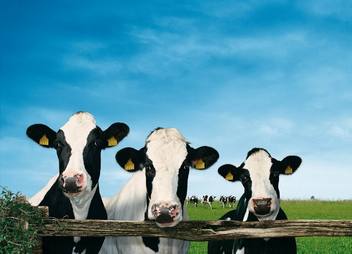 At present, I am working on a series of projects that work on the reaction/s of real time updates inserted into daily life. The interest is how others react and may interact with such social noise as part of their surroundings. Working from the premise, where once we had only one outlet for the truth, today we are all potential passersby of numerous (previously untold) truth/s that are brought to light by the visualisation of updates.
At present, I am working on a series of projects that work on the reaction/s of real time updates inserted into daily life. The interest is how others react and may interact with such social noise as part of their surroundings. Working from the premise, where once we had only one outlet for the truth, today we are all potential passersby of numerous (previously untold) truth/s that are brought to light by the visualisation of updates.And so now we place what is 'old' into 'new' contexts. Over in Amercia our favourite I'm-not-fat-I-don't-want-to-be-thin persona Oprah posted her first tweet in April. Subsequent Twitter traffic increased expodentially. Up by 43-percent. Proof that Daytime Diva's have real appeal to housewives everywhere. Unsurprisingly, despite Oprah's original enthusiasm her traffic has now t(w)eetered off. Probably because they can't afford the 'someone paid by her' to continue to tweet on her behalf.
Over in Zimbabwe, Robert Mugabe, long time fan of confining and forceful levels of media 'censorship' continues to seek the denial of the basic human right to free speech. His domestic and corporate foreign policy shares much with China's Jong-Il’s technological censorship. Say no to Google etc. Rather than turn to state-owned media outlets as a strategic action one can gain insights into potential goings on tweeted from those on the ground - with access to the right technology.
One to Follow is British Red Cross aid worker Ina Bluemel, from Zimbabwe. As part of efforts to combat the ongoing cholera outbreak in the country, she has started ‘tweeting’ to the British Red Cross twitter page. Helping to educate both those at home and those at a distance about the dangers of cholera and ongoing crisis in Zimbabwe.
It might be too much (and too technologically deterministic) to say that Twitter is changing the form, style and meaning of 'worthy' and 'dependable content' - determined by situation and place.
For the most part tweets are as an impulse to potential readers and other tweeters. Then the timing and placement of said tweets is very important. Pages like the British Red Cross publish small-scale incidence and actions as they come to life. Key is observation. From the anticipated what is going on with works to how people respond and react. And then how 'we' may modify such updates.
In the constantly changing ebb and flow of real time social views we are, in effect, testing each others perceptions and potential reactions. You can tell much about someone who Follows only Oprah; compared to another who displays an element of uncontrolled Following accumulations (I count myself closest to this make up).
Much has been made of the ways in which people present themselves during social interaction. Depending on one's personal preferences (and networks, one can assume) the presentation of actions and their accompanying reactions are managed with careful negotiation.
It's going to be a story of real time break-outs… And it's already started...

















